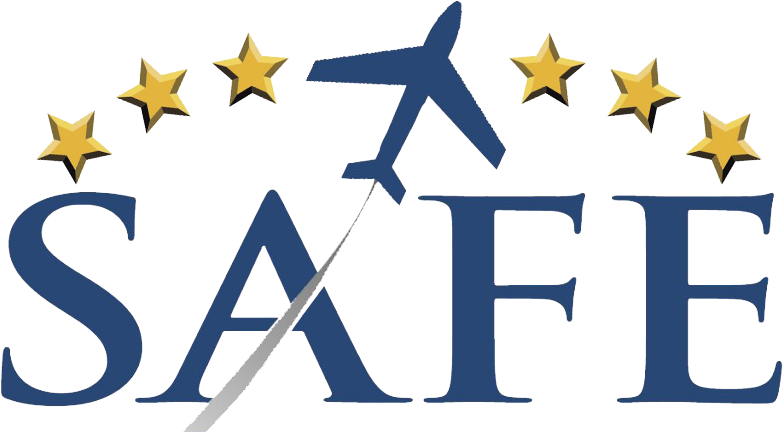Six Projects Consolidated from Symposium Recommendations
The Society of Aviation and Flight Educators (SAFE) has announced the publication of its preliminary report stemming from the Pilot Training Reform Symposium. Thirty recommendations generated during the symposium have been consolidated into six project proposals intended to improve and modernize accident root cause analysis, flight reviews, doctrine and standards, flight instructor training and testing, flight instructor accreditation, and training curricula.
According to the Executive Summary, “the changes that may result from the proposed work require no lengthy regulatory change. Rather, they may be implemented via changes in policy, publications, and procedures.” The Summary continues, “it is important to acknowledge that these six projects do not constitute the whole of pilot training reform. Instead, these projects represent the beginning of a multi-year process that likely will branch off into other projects necessary to effect reform.”
Symposium protocols called for issuance of a preliminary report within 60 days of the event; SAFE volunteers, however, produced the document in half the scheduled time. Copies of the report will be transmitted to stakeholders identified as potential project leads/co-leads by June 15, 2011. Stakeholders will have until the end of September to respond regarding their involvement in the proposed projects. The 35-page report is available at http://www.pilottrainingreform.org/documents/Symposium_Prelim_Report_06Jun2011.pdf.
END
Additional Background Information: Excerpt from Appendix A. Consolidated Symposium Recommendations
The Pilot Training Reform Symposium breakout groups generated thirty recommendations addressing safety, industry growth, doctrine, standards, curricula, and aviation educators. Each of the six groups reported out on their five top recommendations either to reduce fatal accidents, or to increase student starts and retention, or to serve both goals.
SAFE consolidated the thirty recommendations into six specific projects that can be acted on and implemented by FAA and/or industry groups. It is important to note that these projects can be achieved by non-regulatory FAA and industry actions, with an emphasis on correlation with accident root cause analysis, impact on the current pilot population as well as new entrants to general aviation, and implementation in a reasonable time frame.
Although SAFE did not want to lose the goals contained in the individual recommendations, we wanted to avoid duplication to ensure that scarce industry and FAA resources are properly and efficiently allocated, while still allowing symposium attendees to clearly see how their recommendations are being acted on. Thus the six projects incorporate all of the breakout group recommendations as individual elements. SAFE believes such consolidation offers the best means for accomplishing the objectives contained in the various recommendations.
The general aviation pilot training system is a crucial element that influences fatal accident causality, student pilot intake and retention, and the activities of the current pilot population. Accordingly, the following proposals focus on new pilot trainees, existing pilots, and the flight training community as a whole:
- Conduct a thorough general aviation fatal accident root cause analysis to pinpoint underlying accident causality as a means to create effective remedial actions.
- Create a new flight review option that can be enabled as an FAA-sponsored pilot proficiency award program.
- Revise FAA doctrine and standards to implement scenario-based testing, risk management, and other higher order pilot skills.
- Modify flight instructor doctrine, initial testing, and renewal procedures to include the teaching of higher order pilot skills.
- Implement voluntary flight instructor professional accreditation programs and continuing education that emphasize higher order pilot skills, scenario training, and interpersonal relationship skills.
- Create and implement model curricula that incorporate higher order pilot skills, scenario-based training, and integration of simulation and other teaching methods to include interpersonal relationship skills.
